Community Health Plan of Washington (CHPW) was founded in 1992 by Washington’s community health centers. CHPW is committed to Washington's health. To enroll in a Community Health Plan of Washington Apple Health (Medicaid), Medicare Advantage, or Individual & Family Cascade Select plan, you must be eligible and live in the service areas. This is not a complete description of benefits. Please contact us for more information.


2024 Annual Power of Community Report
Table of Contents
Improving the Member Experience

As a local regional health plan with deep roots in Washington State, staff live and work in counties across the state, providing care and resources grounded in the communities we know. We listen to our members to inform how we can best serve them. Across the organization, and in alliance with our community members and partners, we have built communication channels and processes to improve members’ experiences as they access the care and support they need.
The vital role of Community Health Workers
Community Health Workers (CHWs) are often the face of CHPW in the community. They help connect members to health and social services and meet members where they are.
CHPW’s Community Support Services (CSS) team, led by Sara Warner, CSS Manager, expanded their presence this year, while leveraging partnerships with local service organizations to help address everyday barriers to health for our members. Their work included:
- Deploying 20 CHWs to all areas of the state, working with our care management and coordination teams, and improving our members’ access to both medical and health-related social services.
- Launching an “office hours” program to provide in-person services for those in need.
- Creating a CHW on-demand phone line to help members get assistance with immediate needs in their first phone call, ahead of establishing ongoing CHW support.
- Conducting direct member outreach from our referral network.
- Partnering with CHPW’s Care Management teams to provide person-centered, wraparound services and improved member engagement with community support services to reduce health care costs such as emergency medical services or hospitalizations.
- Streamlining efforts to track member needs with a new assessment and screening tool, in collaboration with CHPW’s Social Drivers of Health (SDOH) team.
As a result of these initiatives, CHPW CHWs were able to assist more members and address varied needs, with a 62% increase in community-based member outreach. The team managed 4,081 member referrals for community support services and successfully connected 2,108 of those members to needed support.
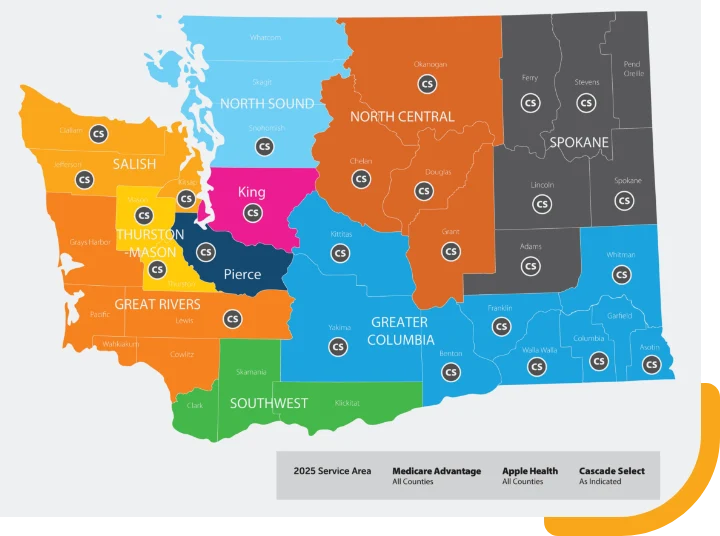
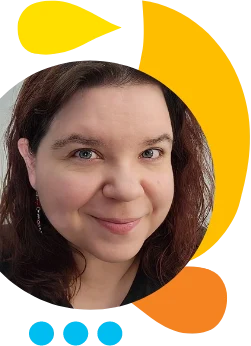
At the heart of the work CHWs do, are the stories of our members. CHWs really show up anywhere a member needs a little extra help. They are there to not only help members access services, but to ensure they have the tools and resources beyond their immediate needs so that they can be safe, have access to future care, and have the support they need.
Sara Warner
CHPW Community Support Services (CSS) Manager

Connecting basic needs to better health
In the fall of 2024, CHW Paula Barraza met CHPW member, “Steve”. He had several major health issues, was living with two amputations, and had spent the previous two years unhoused, relying solely on his vehicle for shelter, with minimal access to his health providers.
Barraza helped Steve apply for rapid rehousing through Yakima Neighborhood Health Services. He was approved for funds and housing, and with Barraza’s help, was able to move into a rent-controlled apartment he could afford.
Steve told Barraza he was so happy to no longer worry about where to park his car or where he would sleep for the night. He was also excited to have a place to prepare healthy meals, get needed rest, and focus on his health.
“As CHWs, we often serve as a bridge between health care providers and the community, helping to educate individuals about health issues, assisting with community services, and identifying the support someone may need to carry out healthy behaviors,” said Barraza.
CHPW’s CHWs can be found wherever members are—advocating for their rights and quality of life by listening, anticipating needs, taking action, and going above and beyond to serve their neighbors.
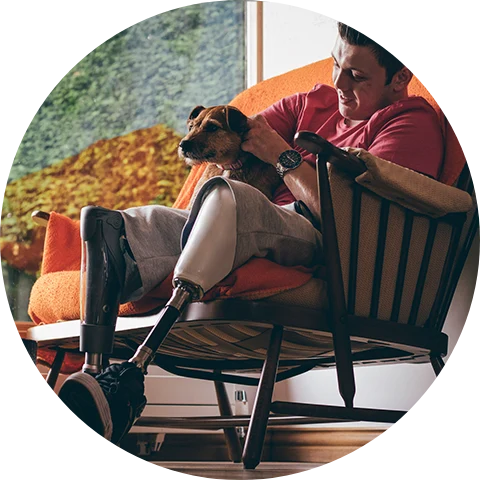
Actor Portrayal

Collaborating with community to address disparities in diabetes care
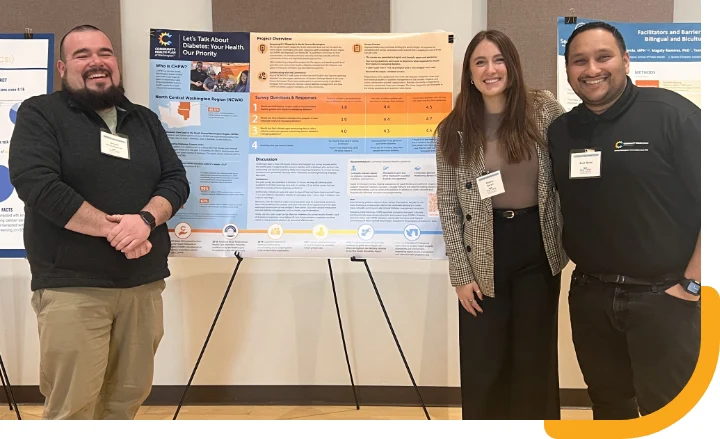
Learning about members’ specific needs is an important step in removing barriers to quality care. CHPW’s Regional Care Teams (RCTs) address health inequities across Washington State, region by region, specific to the member communities where RCTs live and work to identify and reduce region-specific disparities, engage community, and develop projects and interventions appropriate to that area.
The North Central RCT (Chelan, Douglas, Grant, and Okanogan counties) identified that in A1C blood levels, a key measurement in diabetes management, were not as good in the Hispanic and Latine community in North Central Washington as other populations. After collaborating with Hispanic and Latine community partners and leaders in diabetes management in the region, the North Central RCT developed a survey to gather direct feedback from community members about what supports would help to manage their diabetes.
In September, the North Central RCT conducted the survey in person at Fiestas Mexicanas, one of the largest celebrations during Hispanic Heritage Month in the Wenatchee Valley. CHPW staff who live locally, know the community, and speak both Spanish and English, attended the event. Mayra Casique, Account Manager on our outreach team, Guadalupe Carpio and Richard Navarro, Community Health Workers, and Gerardo Perez-Guerrero, RCT Regional Manager, worked together to facilitate the survey, engage with community members, and report findings, gathering a total of 95 completed and validated surveys.
The results identified that community members want us to expand culturally-responsive diabetes care management approaches for our Hispanic and Latine members.
"A simple yet powerful belief drove our work on this survey—when communities are heard, they can be empowered. By understanding the realities of diabetes within Hispanic and Latine families, we can advocate for solutions that truly make a difference,” said Perez-Guerrero.
Perez-Guerrero and Victoria Gersch, a CHPW Program Manager on the Quality team, presented the survey findings and recommendations at the 2024 Latino Health Forum presented by Sea Mar Community Health Centers, where CHPW was also an event sponsor, in December.
In its 19th year, the Latino Health Forum brings together practitioners, researchers, and community activists doing work with the Latine community across the state. “The Latino Health Forum is a great opportunity to connect with and learn from other leaders in the space, as well as exchange resources and best practices. The findings from the survey were valuable to share with the community at large, to get feedback, and identify directions we could go for future work,” said Gersch.

The Latino Health Forum is a great opportunity to connect with and learn from other leaders in the space, as well as exchange resources and best practices. The findings from the survey were valuable to share with the community at large, to get feedback, and identify directions we could go for future work.
Victoria Gersch
Program Manager

Incorporating member feedback
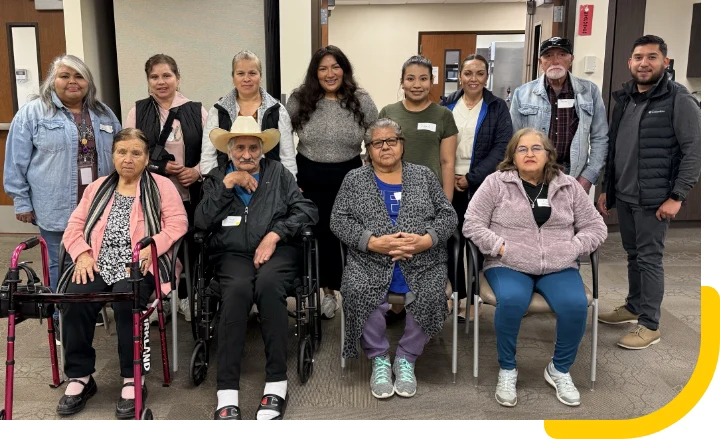
CHPW's Member Advisory Council (MAC) members
CHPW’s Member Advisory Council (MAC) program took several key steps to increase representation and opportunity for our members to share their ideas, experiences, and concerns directly with us. Led by CHPW’s Abha Puri, Member Experience Supervisor, Coraima Newkirk, Health Improvement Program Manager, Fathiya Abdi, Quality Program Manager, and Ugbad Hassan, Quality Program Manager, the MAC team established a robust feedback loop to move member insights into action and implemented several member recruitment and engagement activities to grow participation and community representation. Through cross-departmental collaboration and active engagement with CHPW’s member-facing teams, the team successfully expanded the program from two councils to four by the end of the year.
The two new Member Advisory Councils expanded representation for our Medicare Advantage Dual Special Needs Plan (D-SNP), which provides coverage through both Medicare and Medicaid, to include those who speak Spanish and those who reside in urban areas of the state. These are in addition to the two existing MACs created in 2023: D-SNP members living in rural areas, and members on our Apple Health (Medicaid) plan. Across the four MACs, topics discussed at the quarterly meetings included navigating the health plan and benefits, CHPW’s new Care Management team structure and care advocate roles, digital navigation, desired functionality of a potential mobile application, access to wellness and prevention, and access to mental health services.
Acting on the valuable learnings from these forums, CHPW gained key insights, leading to changes in 2024 and planned initiatives in 2025. Improvements in the year included changes in CHPW’s Care Team structure, access to prior authorization information, and communication processes to better serve our members.
Looking ahead, CHPW will continue to prioritize member and community voices within organizational decisions and program structures. In 2025, we will be implementing a Community Advisory Council (CAC) program to further support our member and community engagement strategy and deepen our relationships with the communities we serve.

Medicare care model rollout
A new care model was launched in July 2024 to better support the needs of our Medicare Advantage and Dual Special Needs (D-SNP) members, those who are eligible for both Medicare and Medicaid coverage. The two-pronged Care Management program aligns care from the Member’s Community Health Center (CHC) and CHPW’s care teams through in-home visits, and multi-disciplinary care teams, allowing the teams to integrate programs and develop workflows to best serve the member’s health needs.
Yakima Neighborhood Health Services, Columbia Valley Community Health (CVCH), and CHAS Health engaged in the first year of the program. The model was customized to the needs of each CHC. Yakima Neighborhood Health Services leveraged an employed medical assistant and provider to complete the in-home visits, while CVCH and CHAS Health utilized CHPW Community Health Workers (CHWs) to complete the in-home visits and facilitate a member’s telehealth visits with their providers. CHPW also leveraged our CHWs to conduct in-home visits for new D-SNP and high-risk Medicare members who receive care at Yakima Valley Farm Workers Clinics. The CHPW team is monitoring the program’s outcomes as it expands and makes adjustments across the network throughout 2025.
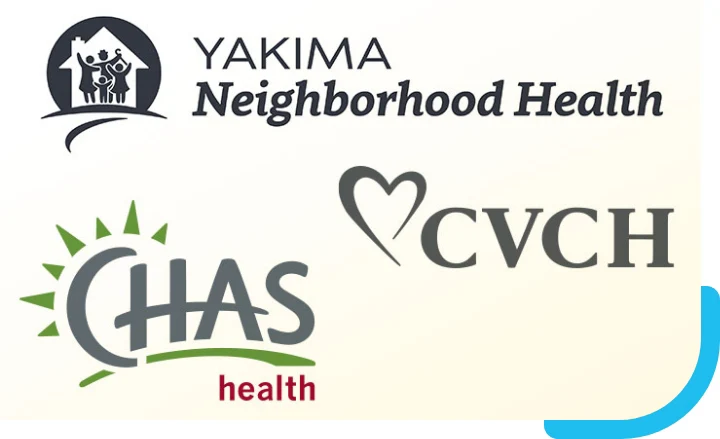

Supporting D-SNP members in-person
In September 2024, a new D-SNP member, a 70-year-old woman living alone in the Yakima area, met CHW Paula Barraza in her home as a part of the Medicare CHC in-home visit program with Yakima Valley Farm Workers Clinic. The member had established care with a primary care physician and was taking her medications but was struggling with a new diabetes diagnosis after a recent liver transplant. She also needed help to access care for cardiac issues as well as knee replacement surgery. Additionally, the member needed assistance managing her housing bills and maintaining her power services.
Barraza assisted the member with scheduling a cardiologist appointment and followed up with the member’s providers about the knee replacement surgery. She also worked with the member to ensure her needs at home were taken care of, including working with the power company to keep services on and assisting with low-income housing applications for several community support organizations.
Over several months, Barraza continued to provide coordination assistance with the different community support service providers and connected the member to CHPW’s Diabetes Care Program and a Health Coach. As a result, the member completed vital post-transplant care appointments and established ongoing care management services across her health needs.
“In-home visits allow us to provide a deeper level of care, ensuring members feel heard and supported in their own environment, providing an opportunity to identify health and social needs that may go unnoticed in a clinical setting,” said Barraza.
The presence of CHWs, and practice of in-home visits, in partnership with primary care providers, allow CHPW to work directly with members to best identify their needs and address barriers to health.
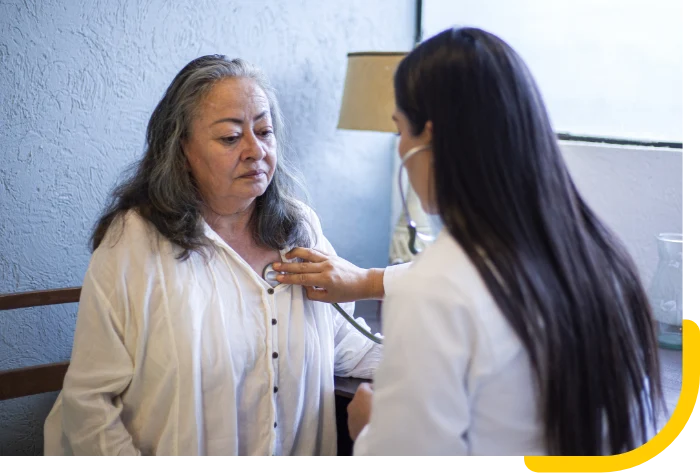
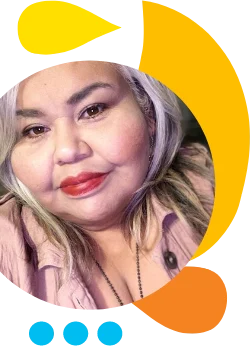
In-home visits allow us to provide a deeper level of care, ensuring members feel heard and supported in their own environment, providing an opportunity to identify health and social needs that may go unnoticed in a clinical setting.
Paula Barraza
CHPW Community Health Worker

- CUSTOMER SERVICE
- 1-800-440-1561
- (TTY: 711)
- [email protected]

- ADDRESS
- 1111 Third Ave
- Suite 400
- Seattle, WA 98101

- HOURS
- 8 a.m. to 5 p.m.
- Monday to Friday